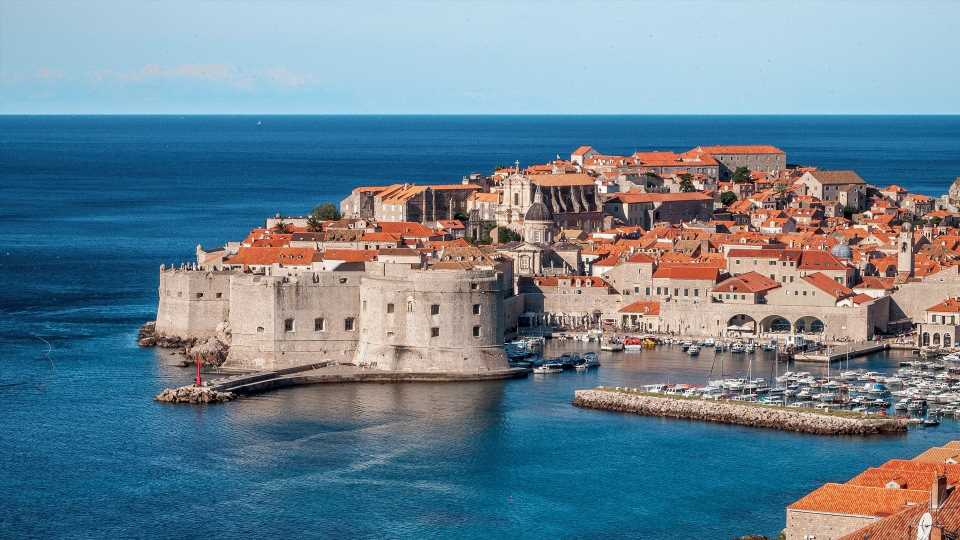
Croatia was struggling to contain a whooping cough epidemic that health officials said Wednesday was due in part to a drop in inoculation rates linked to the growth of the anti-vaccine movement.
So far in 2023, more than 1,100 whooping cough cases have been reported across Croatia—the highest number in the past decade, according to the national public health institute.
In the past few years, around 50 cases of whooping cough were recorded annually.
Experts said whooping cough’s spread was also due to lower levels of natural immunity resulting from pandemic quarantine measures that had the knock-on effect of stemming other infections.
Whooping cough is an “epidemic of the highly contagious disease which can be fatal for newborns and infants,” the national public health institute said in a statement.
The largest number of cases have been registered in the capital Zagreb and the region surrounding the coastal city of Split, the statement added, saying primary school students represented most of the cases.
According to the national vaccination program, children in Croatia must be vaccinated against 11 diseases—including whooping cough.
Last year, 92 percent of children received the first vaccine dose for whooping cough, official figures show.
Rates for the second dose dropped to 88 percent nationwide, however, with some regions reporting figures as low as 68 percent.
Health authorities have been calling on parents to vaccinate their children, but have struggled against anti-vaccine messages.
“Social networks spread panic. The trend increased after the coronavirus” pandemic, said Zeljka Karin, the head of the Split region’s health institute.
© 2023 AFP
Source: Read Full Article



